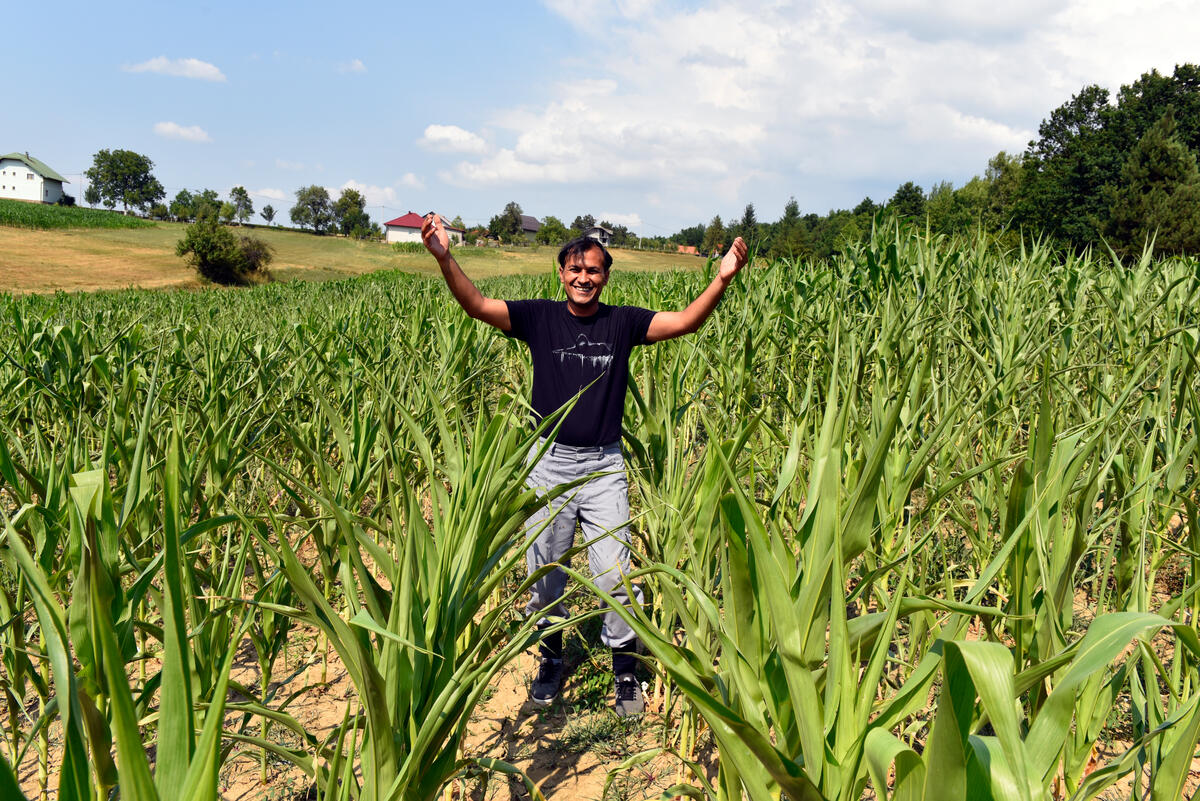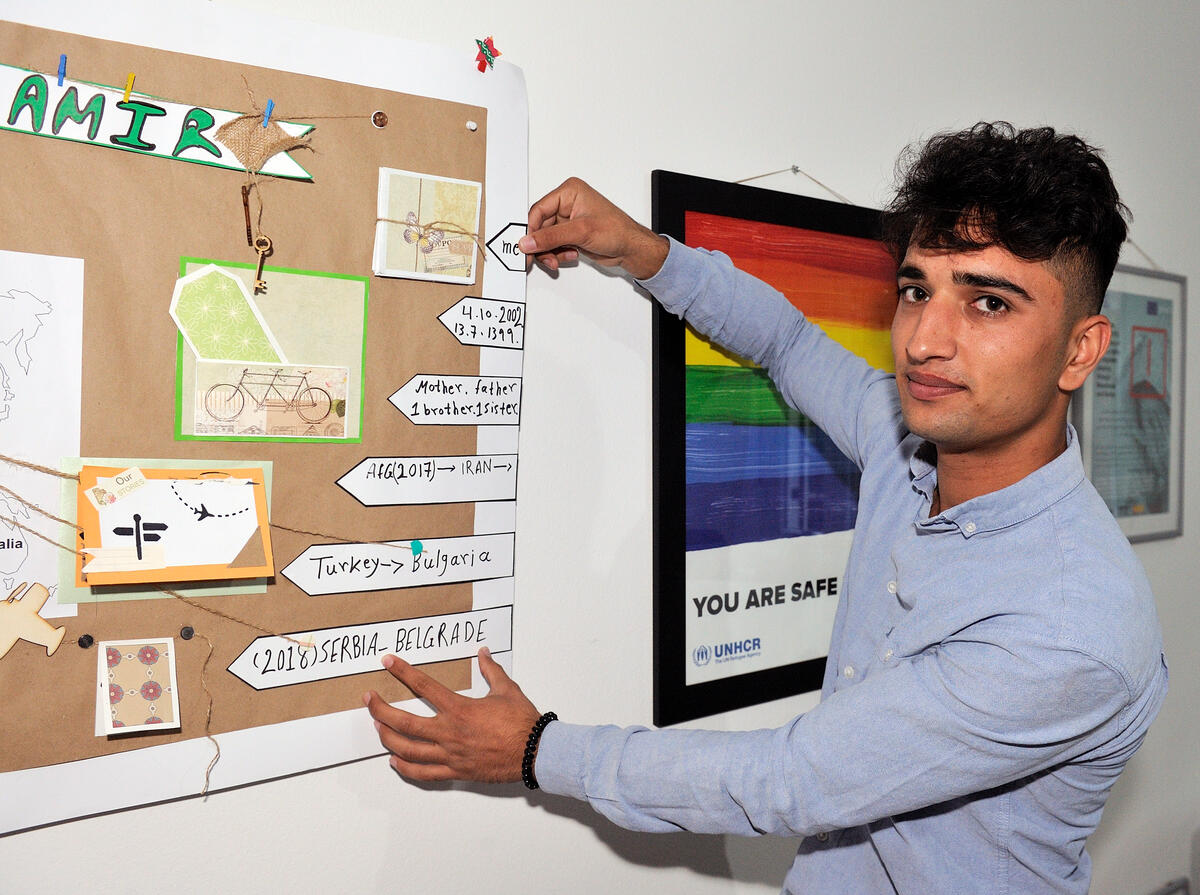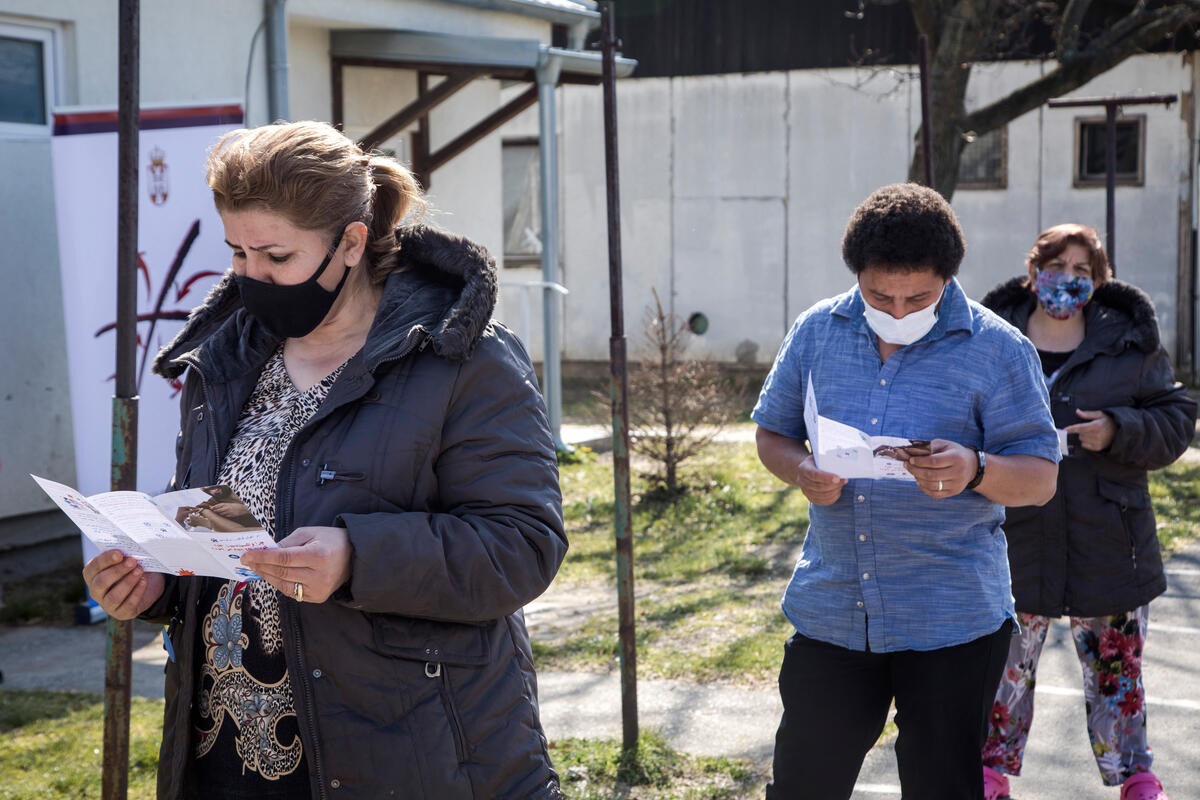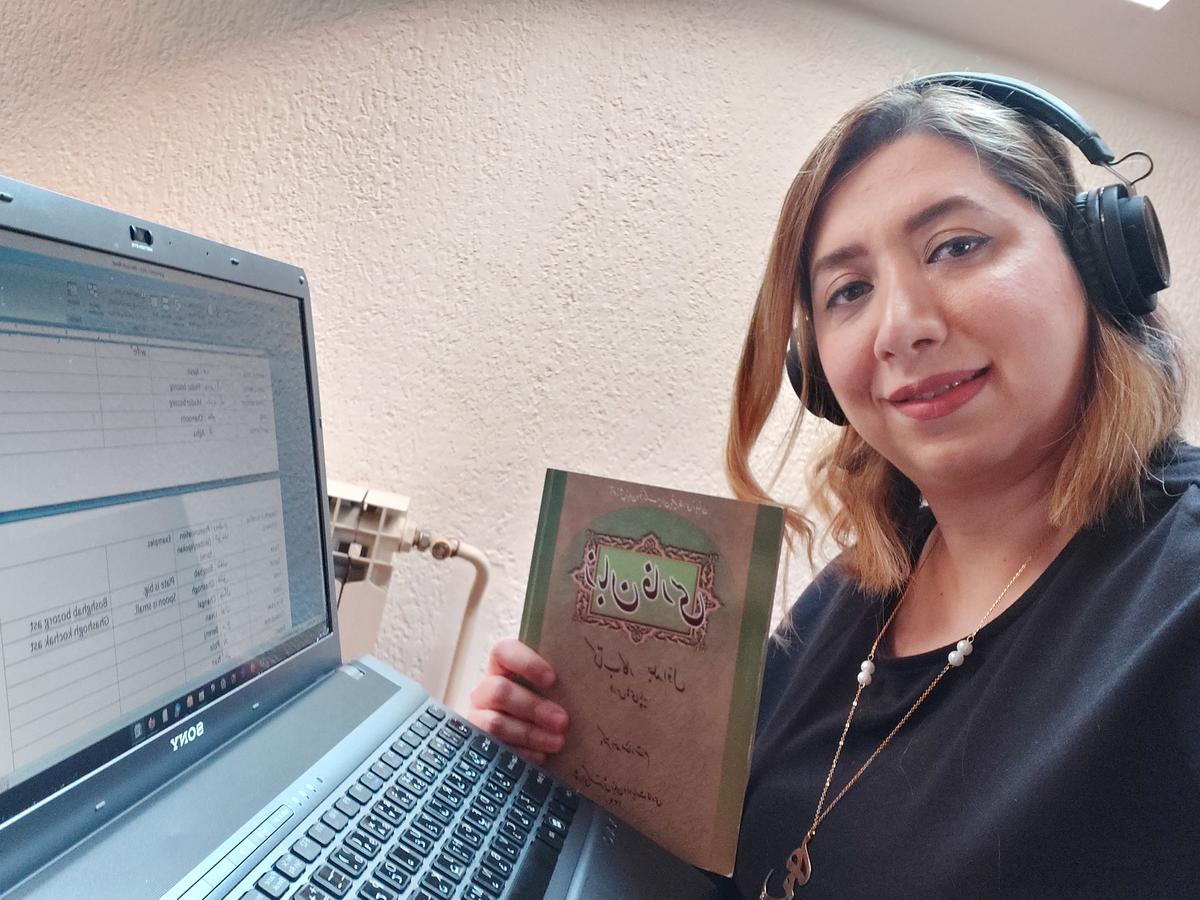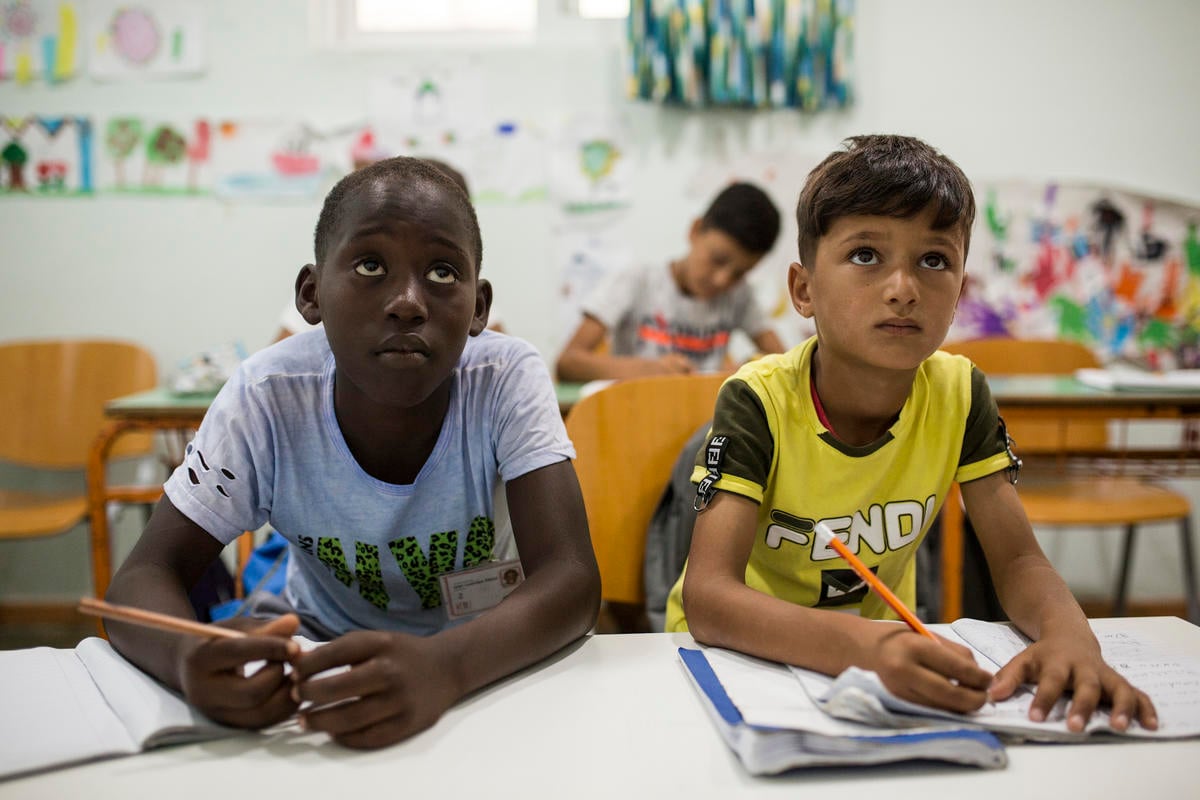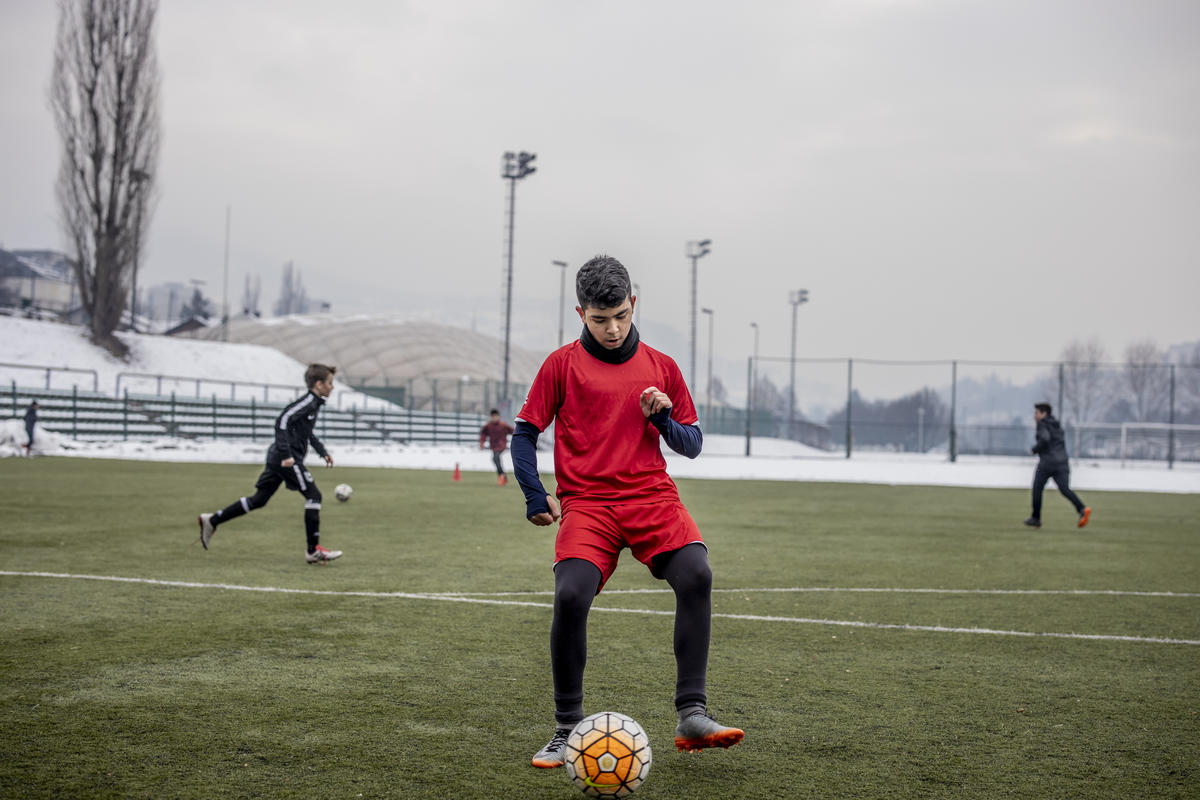Yugoslavia authorities prevent return of 13 Bosnian refugees
Yugoslavia authorities prevent return of 13 Bosnian refugees
UNHCR on Wednesday helped return to Bosnia-Herzegovina a total of 211 refugees from the former Muslim enclaves of Srebrenica and Zepa, but 13 others cleared for repatriation were stopped at the last minute by authorities of the Federal Republic of Yugoslavia who said they wanted to investigate them for war crimes. UNHCR has protested the government action and is demanding the men's immediate release and return to Bosnia-Herzegovina.
The 211 refugees arrived Wednesday morning in Kalesia, a battered front-line town about 30 kilometres east of Tuzla, after a bus ride across Serb-held eastern Bosnia. This is the first group of Bosnian refugees to have crossed the territory designated at the Dayton Peace Conference last fall as the Republika Srpska.
They travelled in a five-bus convoy accompanied by an escort that included UNHCR officials and IFOR troops of the NATO-led Implementation Force.
The refugees were part of a group of nearly 800 Bosnians who fled eastward into Serbia after the enclaves of Srebrenica and Zepa were overrun by Bosnian Serb troops last July, despite the fact that the U.N. Security Council had declared the towns "safe areas" in 1993.
After a harrowing escape across the Drina river - some swimming, some by boat - the refugees were rounded up by Serb authorities and held in two camps at Sljivovica and Vrnjavcka Banja in the western part of Serbia.
While in the camps, they were assisted by UNHCR teams from Belgrade, and by staff of the International Committee of the Red Cross.
After the government of the Federal Republic of Yugoslavia approved exit permits for the refugees late last fall, UNHCR initiated resettlement procedures that relocated some of the detainees to Ireland, Australia, France and the United States.
The 211 refugees arrived between 11 a.m. and noon at Kalesia, where they transferred from Serb to Bosnian buses. Four of the buses proceeded to Zenica and one to Tuzla, where the refugees were reunited with their relatives.



